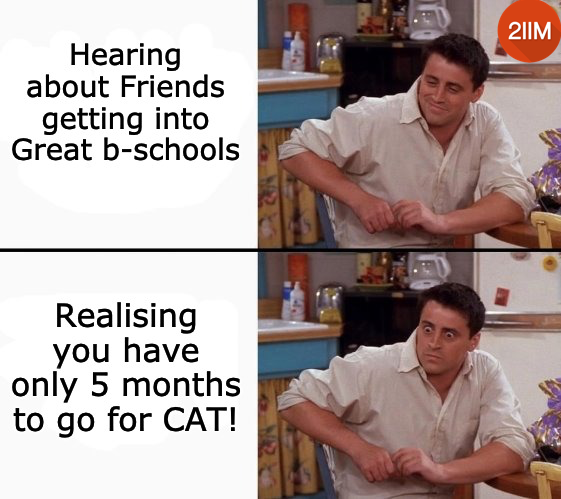CLAT Logical Reasoning
CLAT Logical Reasoning section tests the candidates’ ability to frame arguments based on premise(s), and draw conclusions and inferences. Though the passages do not require as much prowess over the English language as such, the ability to read and comprehend them quickly will come in handy. This section is more about making logical conclusions about an idea, as inferred from the passages.
The following CLAT Logical Reasoning questions have been framed with adequate focus on the difficulty level of CLAT. The passages have been chosen with an eye on diversity of topics and the variety of themes and arguments.
Try these questions out for free, to check your mettle on CLAT Logical Reasoning!
CLAT 2020 Logical Reasoning
Following is an array of questions to test your reasoning ability in different situations. Answer each of them according to the question asked in each of them respectively:
Read the debate between Harry and Potter and identify the main issue:
Harry: Within democracies, voters are entitled to know the down-side to a candidate and the other side is obviously well placed to voice it. To stifle one‘s ability to voice negative things about a candidate would be to obstruct democracy and limit free speech.
Potter: Negative advertisements produce the politics of the personal, since an easiest advert is an attack-advert which focuses on the personality or personal qualities of one‘s opponent. A negative advertisement is one that focuses upon a rival product, in this case, a rival election candidate or party in order to point its flaws and to persuade the public to not vote for it.
- Whether negative advertisement strengthens democratic governance?
- Whether the practice of negative advertisements is good for democracy and politics?
- Whether negative advertising needs to be banned?
- Whether negative advertising produces the politics of the personal?
Explanatory Answer
Democratic governance happens through institutions that are only guided (not fully controlled) by the political leaders for the time they occupy power. Hence, negative advertisements do not directly impact governance. Potter, who is against negative advertisements, does not mention ending or banning them. Harry only mentions ‘stifling’ of one’s ability to voice negative things. So, the topic wasn’t about banning it. By saying that “voters are entitled to know the down-side to a candidate”, Harry acknowledges Potter’s assertion that negative advertisements produce politics of the personal. So, that is not the main discussion. Harry and Potter are discussing the clash of two democratic values related to one issue and how they impact the democratic process overall. The two values are – freedom of speech and proper representation of the leader/party in the democratic set-up.



CAT Coaching in Chennai
CAT 2021
Enroll at 49,000/-
44,000/-
Online Classroom Batches Starting Now!

